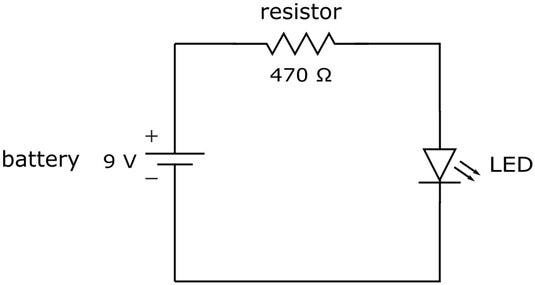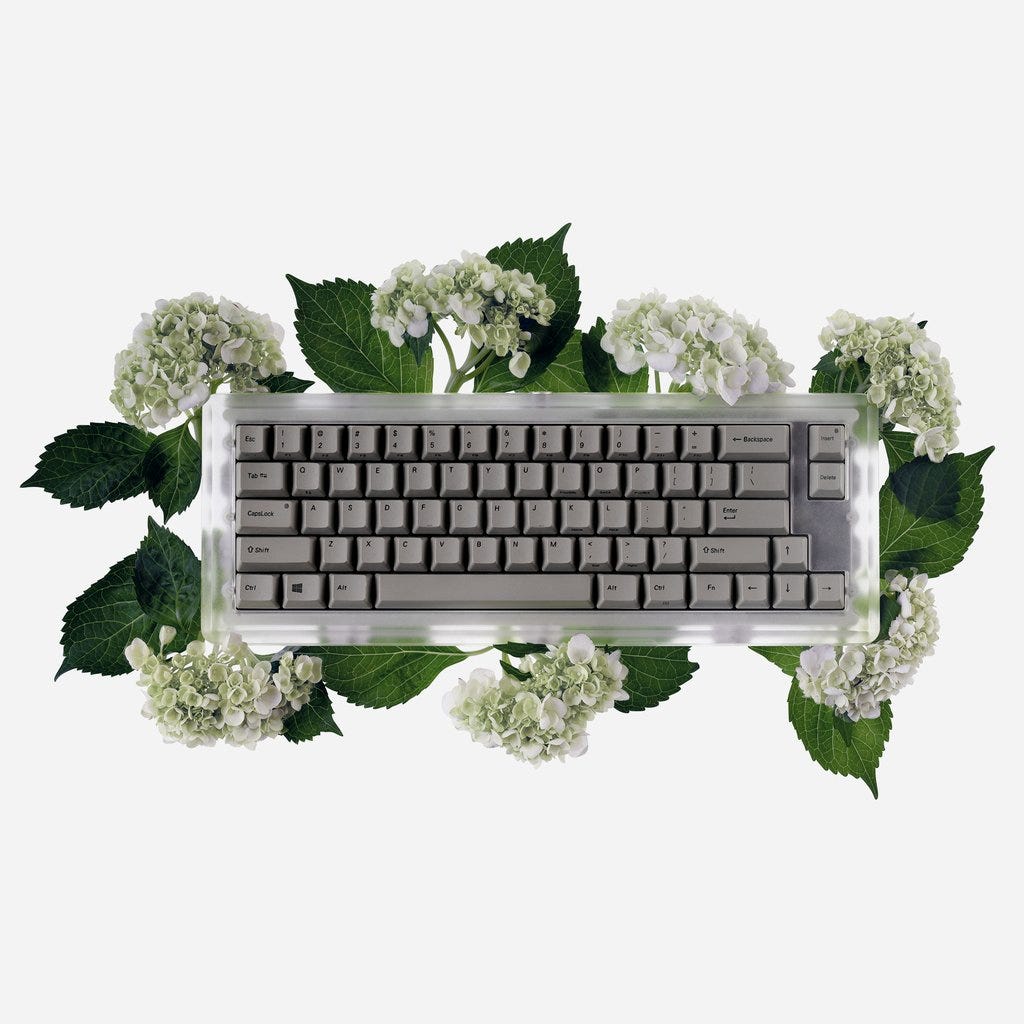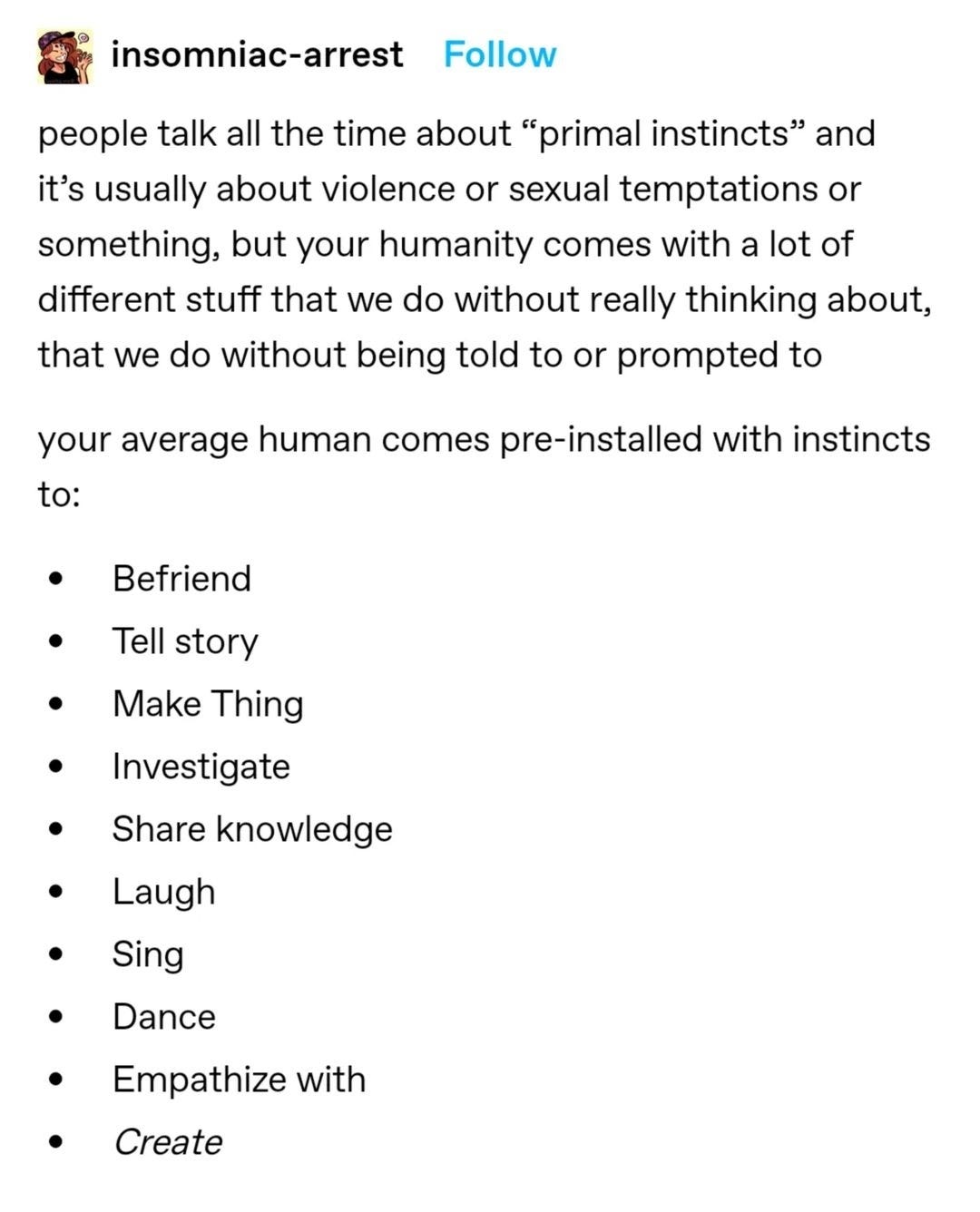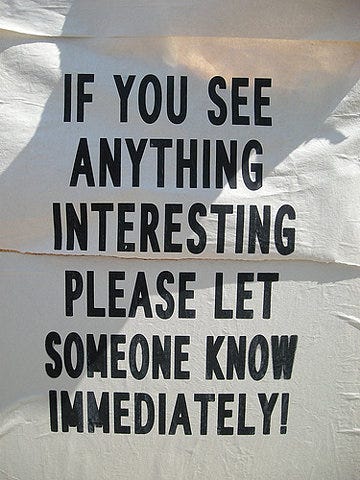STRATSCRAPS_v128
schematics vs diagrams
AVAILABILITY UPDATE: I will be available for projects starting mid next week.
~~~~
As I’ve been teaching myself the basics of electronics, I’ve had to learn how to read schematics.
I also have always been a visual thinker and loved to diagram concepts rather than try to explain it (when it makes sense).
I had a realization today… Schematics and diagrams are very different things. And too often we think of them as the same thing.
(ok technically a schematic is a type of diagram. and a diagram is a huge category of visualizations, but just roll with me)
»»
Schematics are guides for experts in a subject.
A map for those in the know.
Diagrams simplify something to transfer the idea from an expert to an audience.
A summary for those who haven’t done the reading.
When putting together a pitch deck, I tend to want to start with the thinking about it’s “schematics.” What is the outline of whats to come, what is the function of each component and how do they connect?
But there is ultimately a point where you need to switch to thinking about the “diagram” – what is the simplest way to convey what needs to be communicated? How can you simplify what is about to be shown?
Comms architecture and the like are schematic thinking. It helps you execute.
A good narrative is a diagram. It helps others understand.
//////
/////
This is a bucket list item that requires the opportunity to self present.
/////
"Everyone should write a blog, every day, even if no one reads it. There are countless reasons why it’s a good idea and I can’t think of one reason it’s a bad idea."
"If you know you have to write a blog post tomorrow, something in writing, something that will be around 6 months from now, about something in the world, you will start looking for something in the world to write about. You will seek to notice something interesting and say something creative about it. Well, isn’t that all we’re looking for? The best practice of generously sharing what you notice about the world is exactly the antidote for your fear."
— Seth Godin's interview on the Unmistakable Creative Podcast
/////
////
A story is never an answer. A story is always a question.
∆ Ali Smith, Companion Piece
/////
This isn’t a quote. this is me, to you, through the internet.
I really can't express how important it is to do initial thinking away from a screen. I know this and repeatedly experience this to be true.
Yet, I continue to ignore this rule time after time.
Then I get stuck, close the laptop, and find what I was looking for.
/////
Very interesting article on the decline in online participation:
We're all lurkers now
/////
/////
A quote that feels very relevant to the Creatives on Strategy work I’ve been doing.
The problem, as we see it, is not to avoid fighting, but to learn to fight in ways that are not destructive—physically, morally, or emotionally. A good fight is very different from abuse. In a good clean fight, there is respect for safety and mutuality so that both people get to fully express their feelings and come out the other end stronger and closer than before: bonded by fire, as it were.
/////
All media is social media (thanks andrew)
/////
Cultural signal: Watches that don’t tell time
/////
I could debate both sides of this one…
/////
Too real…
Keeping free time scarce means people pay a lot more for convenience, gratification, and any other relief they can buy. It keeps them watching television, and its commercials. It keeps them unambitious outside of work.
We’ve been led into a culture that has been engineered to leave us tired, hungry for indulgence, willing to pay a lot for convenience and entertainment, and most importantly, vaguely dissatisfied with our lives so that we continue wanting things we don’t have. We buy so much because it always seems like something is still missing.
Western economies, particularly that of the United States, have been built in a very calculated manner on gratification, addiction, and unnecessary spending. We spend to cheer ourselves up, to reward ourselves, to celebrate, to fix problems, to elevate our status, and to alleviate boredom.
David Cain, Your Lifestyle Has Already Been Designed
/////
I’m increasingly finding this to be true…
“Our tools have done us a disservice, and we've paid for them to do it.”
With a couple exceptions. One of which I’m excited to show off hopefully next week.
/////
/////
Are you skipping any of these steps? I find myself skipping the discussion too often. I also think that the articulation is impossible without discussion.
/////
/////
I maintain that this is the most important book I’ve read in a long time.
Offline matters by Jess Henderson.
/////
WEEKLY MONSTER
Once again, no monster. Hopefully more monsters to come soon as I wrap the project I’m currently in the middle of.
Until then, like any good capitalist, this week I’ve outsourced labor to my child.
I guess trying to find something to include made me question the purpose of this section of the newsletter.
I think it is to show that anyone can make things and that they dont have to be “good” to make others feel something. Or maybe they exist to question the definition of art.
Either way, here you go.














